Antioxidant-Rich Dinner Recipes for Athletes: Fueling Performance & Recovery Naturally
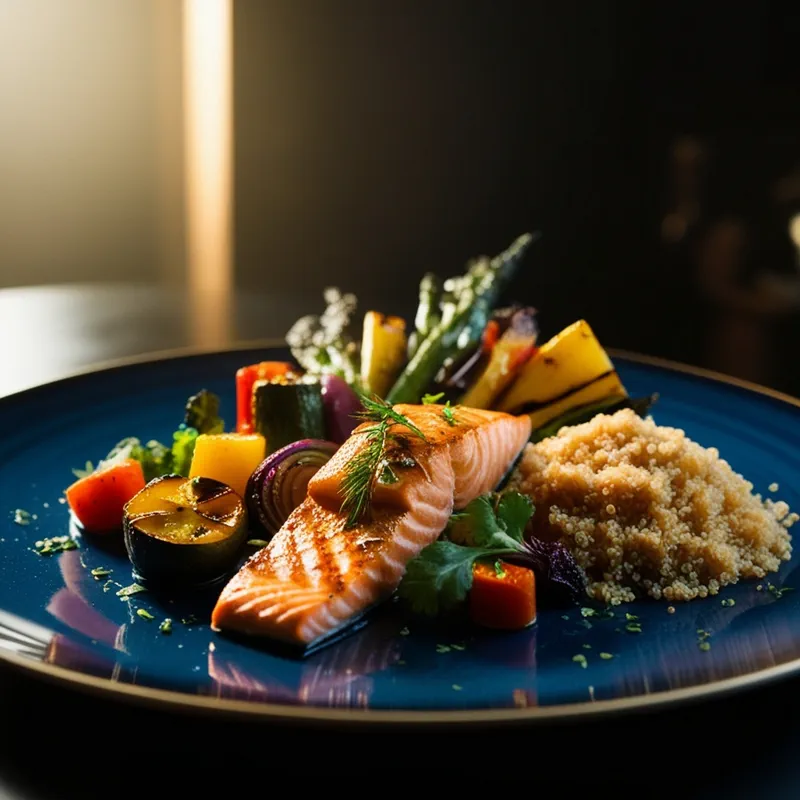
Introduction: The Athlete’s Dinner Dilemma
For athletes, dinner isn’t just a meal — it’s recovery, restoration, and preparation all rolled into one. After a grueling training session or a competitive match, what you eat in the evening plays a crucial role in muscle repair, inflammation reduction, and replenishing lost nutrients. That’s why antioxidant-rich dinner recipes for athletes are gaining well-deserved recognition in the world of sports nutrition.
Packed with vitamins, minerals, and powerful compounds like polyphenols and flavonoids, antioxidant-rich meals can help neutralize free radicals, reduce post-exercise soreness, and speed up recovery. These meals are more than just “healthy”; they’re functional tools for performance optimization. Whether you’re a professional athlete or a dedicated weekend warrior, your evening recovery starts on your plate.
The key is to combine flavor with function. You want a dinner that not only satisfies your taste buds but also supports your body’s healing process. From omega-rich fish to vibrant veggies and antioxidant-loaded spices, we’ll explore exactly what belongs on your dinner plate if you’re serious about recovery and performance.
In this three-part series, we’ll break down everything you need to know — starting with what antioxidants are, why they matter, and how they impact athletes in particular. Let’s dive into the science and benefits behind the meals that power champions.
What Are Antioxidants and Why Athletes Need Them
Understanding the Science of Antioxidants
Antioxidants are compounds found in foods that help protect the body from oxidative stress. Oxidative stress occurs when there’s an imbalance between free radicals (unstable molecules) and antioxidants in the body. This imbalance can lead to cellular damage, fatigue, and slower recovery — all of which athletes aim to avoid.
Common antioxidants include vitamins C and E, beta-carotene, selenium, and plant-based polyphenols. These nutrients work together to stabilize free radicals and reduce inflammation. In essence, they’re your internal cleanup crew, ensuring that the metabolic stress from training doesn’t spiral into prolonged soreness or chronic inflammation.
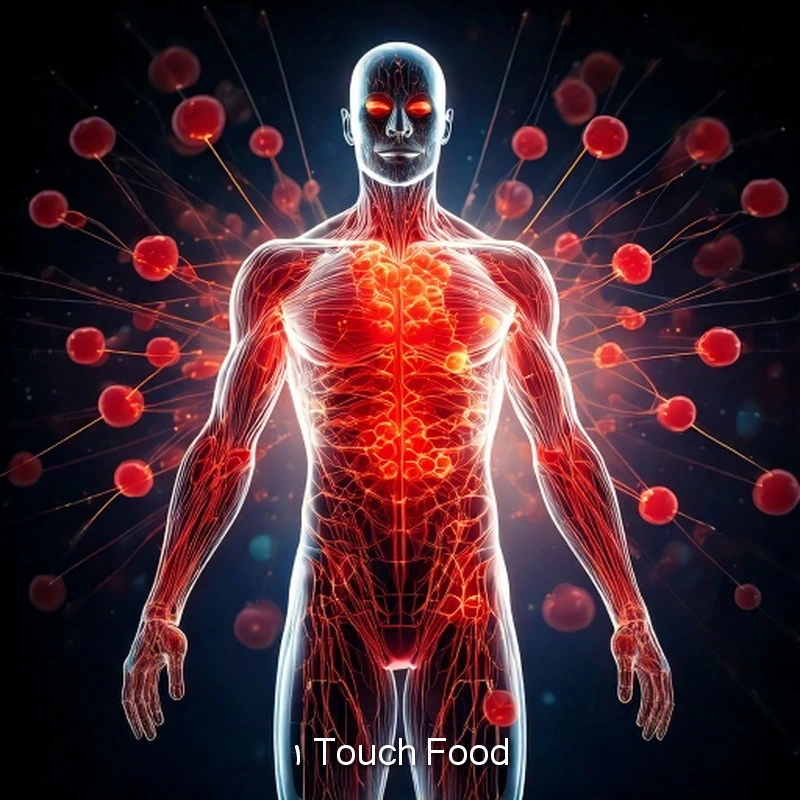
The Athlete’s Unique Need for Antioxidants
Because athletes engage in high-intensity physical activity, their bodies produce more free radicals than the average person. While some oxidative stress is normal — and even beneficial for triggering adaptation and growth — too much can compromise muscle recovery, immunity, and long-term performance.
This is where antioxidant-rich dinner recipes for athletes come in. By incorporating antioxidant-dense foods into evening meals, athletes can counteract the excess oxidative stress and support their body’s natural healing processes.
Foods Rich in Antioxidants
Some of the most powerful antioxidant foods include:
- Dark leafy greens (spinach, kale)
- Colorful vegetables (red bell peppers, beets, carrots)
- Berries (blueberries, raspberries, goji berries)
- Spices (turmeric, cinnamon, ginger)
- Fatty fish (salmon, mackerel)
- Whole grains and legumes
These ingredients can be deliciously incorporated into dinner recipes that provide both pleasure and purpose on the plate.
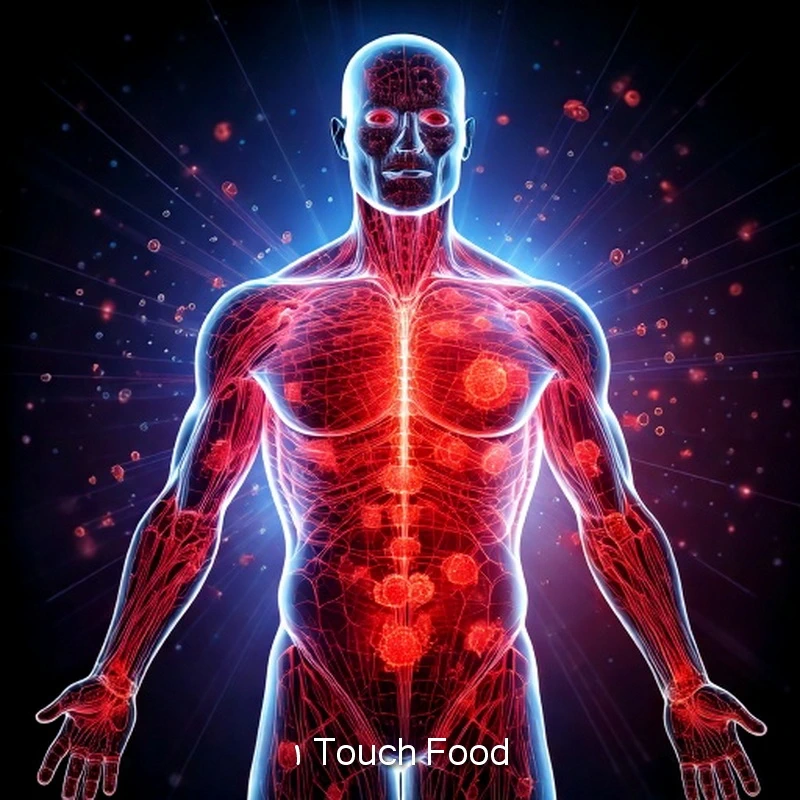
Why Antioxidant-Rich Meals Are a Game-Changer for Athletes
Boosting Recovery, One Bite at a Time
One of the biggest benefits of antioxidant-rich meals is enhanced recovery. When you’ve just pushed your muscles to their limit, the immediate post-exercise window is critical. Antioxidants help reduce muscle soreness and inflammation, allowing athletes to bounce back faster and train more consistently.
Incorporating Evening Recovery meals for athletes that feature antioxidant-packed ingredients can help accelerate this process. For instance, a dinner of grilled salmon with roasted sweet potatoes and sautéed spinach provides a triple threat of omega-3s, beta-carotene, and polyphenols — all essential for recovery.
Strengthening Immune Function
High-intensity training can temporarily suppress the immune system. This makes athletes more susceptible to illness, especially during intense competition seasons. Antioxidant-rich foods support the immune response by enhancing the activity of white blood cells and reducing systemic inflammation.
For example, garlic and turmeric — both common ingredients in recovery recipes — contain compounds known to support immune function. Add them to a lentil stew or chicken stir-fry, and you’ve got a recovery meal that also acts as an immune booster.
Supporting Long-Term Performance and Longevity
Beyond immediate recovery, antioxidant-rich dinners can contribute to long-term athletic performance. Chronic inflammation and oxidative damage are linked to joint deterioration, decreased muscle mass, and reduced cardiovascular function — all of which can derail an athletic career.
Regularly consuming antioxidant-packed meals helps maintain cellular health and tissue integrity, setting the stage for sustained performance over time. Athletes who think long-term know that recovery isn’t just about tomorrow’s training — it’s about preserving their bodies for the years ahead.
The Key to Consistency
In athletics, consistency is king. It’s not the athlete who trains the hardest once, but the one who recovers well and trains day after day. That consistency is built in the kitchen. By making antioxidant-rich dinners a staple in your routine, you’re investing in better sleep, stronger recovery, fewer injuries, and more reliable performance.
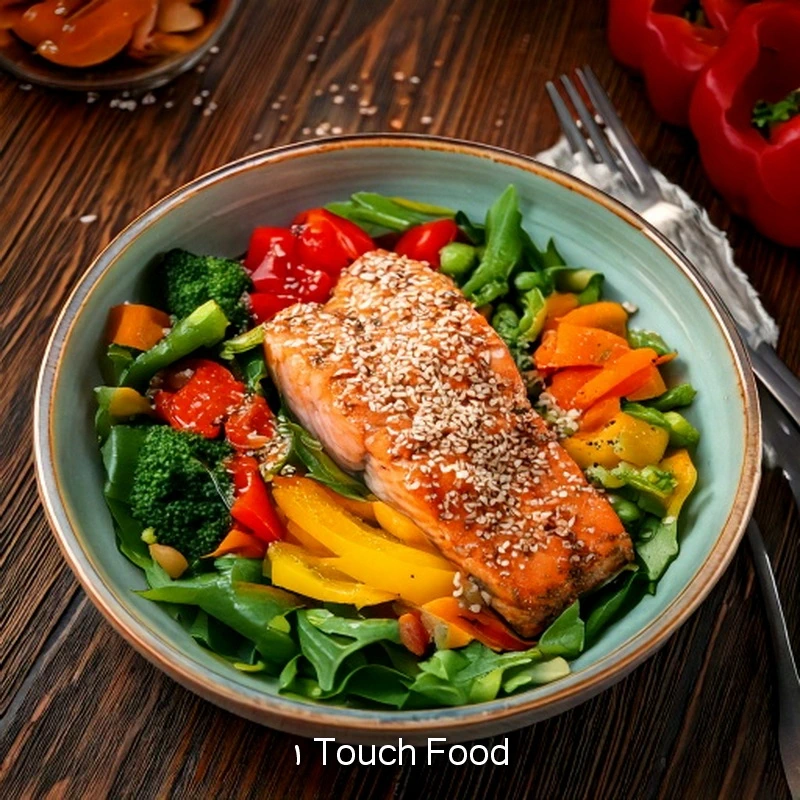
Why Evening Recovery Matters
Evenings mark a critical window for recovery — and for athletes, this isn’t just about resting. It’s about actively fueling the body’s repair process. Evening recovery meals for athletes are designed to do more than satisfy hunger. They’re carefully crafted combinations of protein, complex carbs, healthy fats, and antioxidants that rebuild muscle fibers, replenish energy stores, and reduce inflammation.
After training, your muscles are in a state of breakdown. They’re craving nutrients that will begin the rebuilding process — and what you eat for dinner has a direct impact on how well your body rebounds overnight.
Here’s why strategic evening meals matter:
1. Muscle Repair and Growth
Protein is essential, of course. It provides the amino acids needed to repair torn muscle fibers and build stronger tissue. But not just any protein will do — athletes benefit from lean, high-quality sources like grilled chicken, tofu, tempeh, fish, and legumes.
2. Replenishing Glycogen Stores
Carbs aren’t the enemy — especially for athletes. They’re your body’s main source of fuel, and after a workout, your glycogen stores are depleted. Whole grains like quinoa, brown rice, and sweet potatoes are excellent sources of complex carbs that slowly release energy throughout the night, helping your muscles recover efficiently.
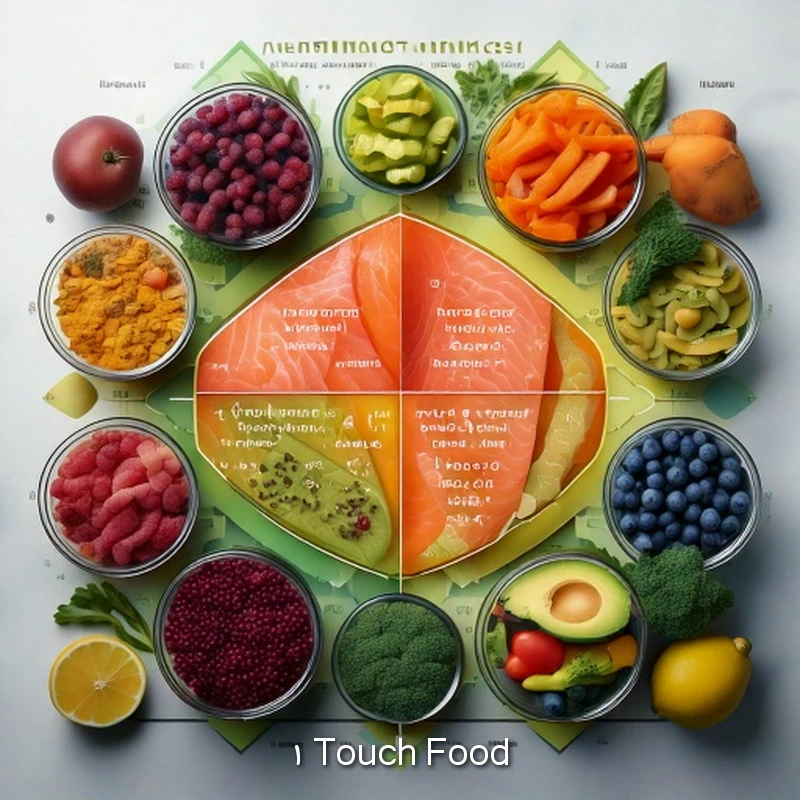
3. Anti-Inflammatory Support
Here’s where antioxidant-rich dinner recipes for athletes really shine. Ingredients like turmeric, ginger, blueberries, and spinach are packed with anti-inflammatory compounds that support faster healing and reduce the risk of chronic soreness.
4. Sleep Enhancement
Believe it or not, certain recovery meals can even help improve sleep quality — an essential part of recovery. Magnesium-rich foods like leafy greens, pumpkin seeds, and avocado can support deeper, more restful sleep. And good sleep means better performance tomorrow.
Pro Tip: Include a source of healthy fat, like olive oil or fatty fish. These fats aid in the absorption of fat-soluble vitamins (A, D, E, K) and provide their own anti-inflammatory benefits.
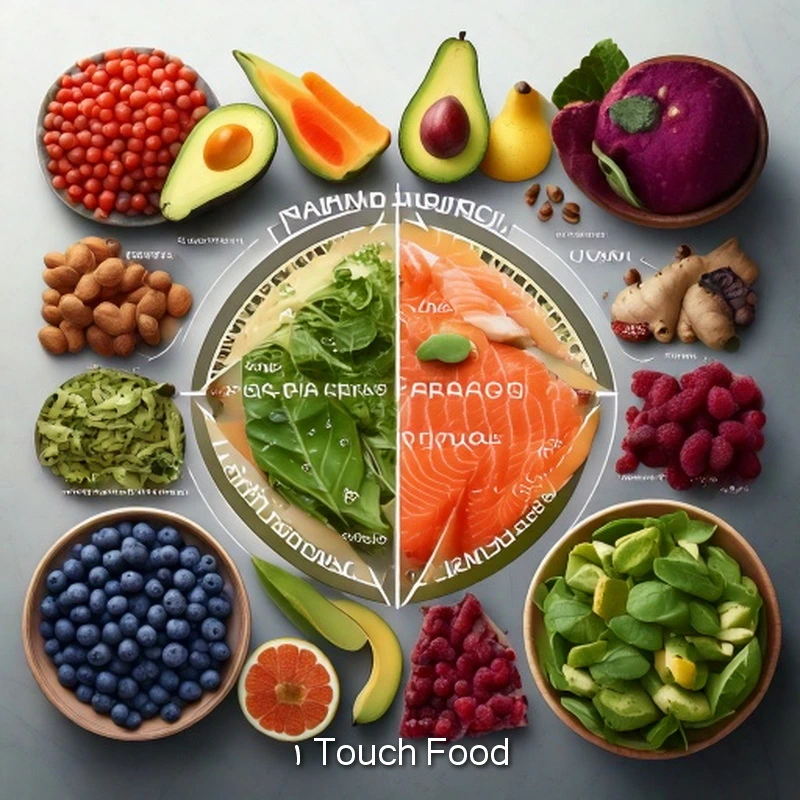
Sample Evening Recovery Meals for Athletes
The best way to ensure your dinner supports recovery is to build it around whole, nutrient-dense ingredients. Here are a few meal ideas that combine taste, texture, and performance-enhancing nutrition.
🥗 Meal 1: Grilled Salmon with Quinoa, Spinach, and Roasted Beets
- Why it works: Salmon is high in omega-3 fatty acids and protein — both essential for muscle repair and inflammation control. Quinoa adds complete protein and complex carbs, while spinach and beets bring the antioxidant power.
- Antioxidants: Omega-3s, betaines (beets), and vitamin C (spinach)
- Add a twist: Drizzle with lemon-tahini dressing for an extra vitamin E boost.
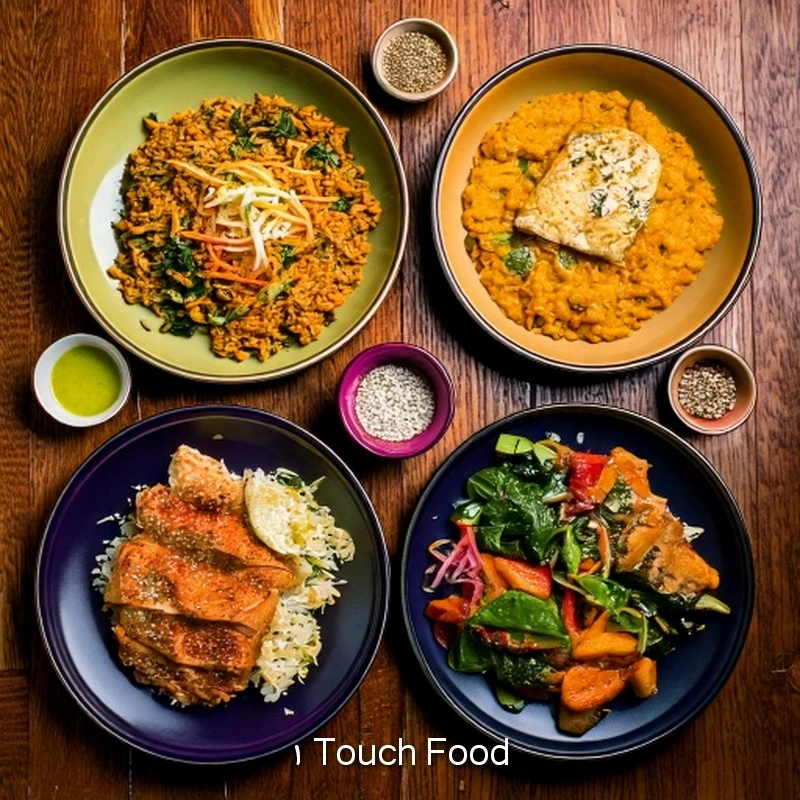
🍛 Meal 2: Lentil and Sweet Potato Curry with Turmeric and Ginger
- Why it works: Lentils are rich in protein, iron, and fiber, while sweet potatoes provide slow-digesting carbs and beta-carotene. Turmeric and ginger work synergistically to reduce post-exercise inflammation.
- Antioxidants: Curcumin (turmeric), gingerol (ginger), beta-carotene
- Serve with: Brown rice or cauliflower rice for added fiber and texture.
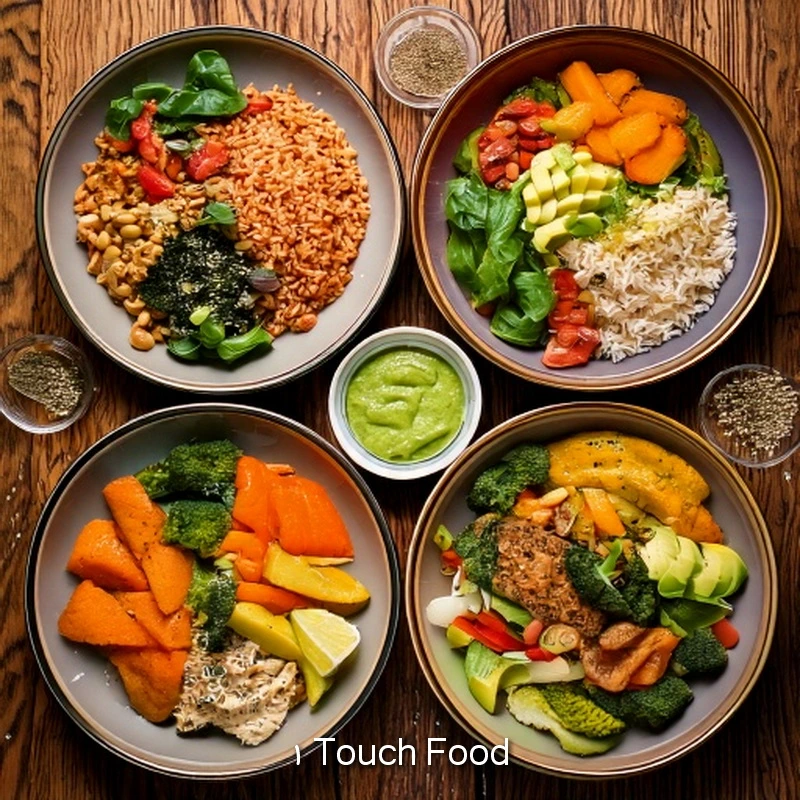
🌮 Meal 3: Tofu Tacos with Red Cabbage Slaw and Avocado Lime Crema
- Why it works: Plant-based and protein-packed, this meal features marinated tofu, crunchy cabbage (rich in anthocyanins), and creamy avocado for healthy fats and magnesium.
- Antioxidants: Polyphenols (cabbage), vitamin E (avocado), lime (vitamin C)
- Optional: Add black beans for extra protein and fiber.
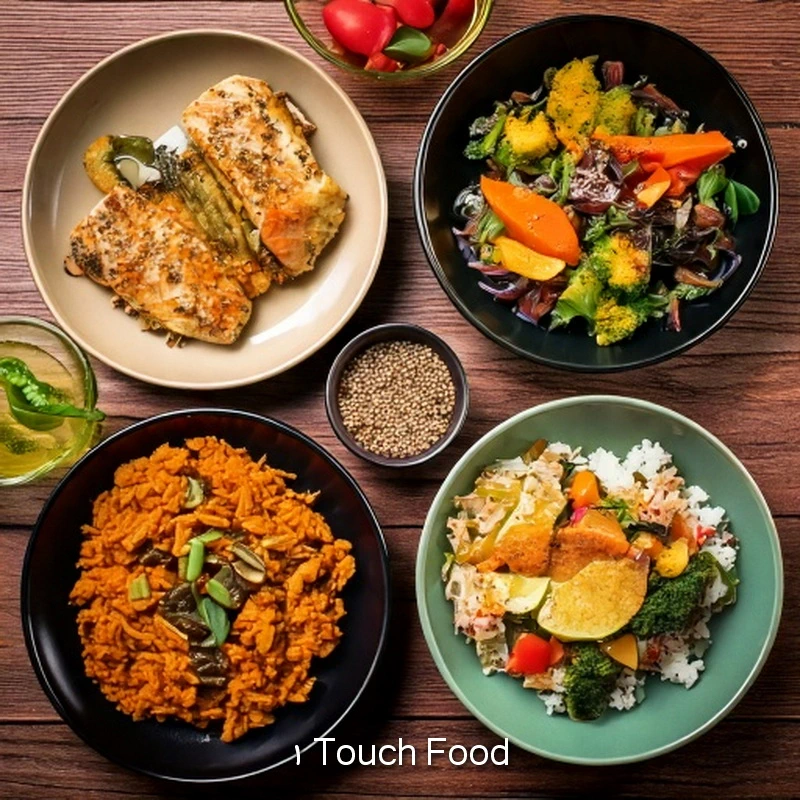
🍲 Meal 4: Chicken and Vegetable Stir Fry with Garlic and Sesame Oil
- Why it works: A balanced, quick-to-make meal with lean protein, colorful vegetables, and antioxidant-rich garlic. Sesame oil adds flavor and heart-healthy fats.
- Antioxidants: Flavonoids (peppers, broccoli), allicin (garlic)
- Best paired with: A side of jasmine or brown rice for recovery-friendly carbs.
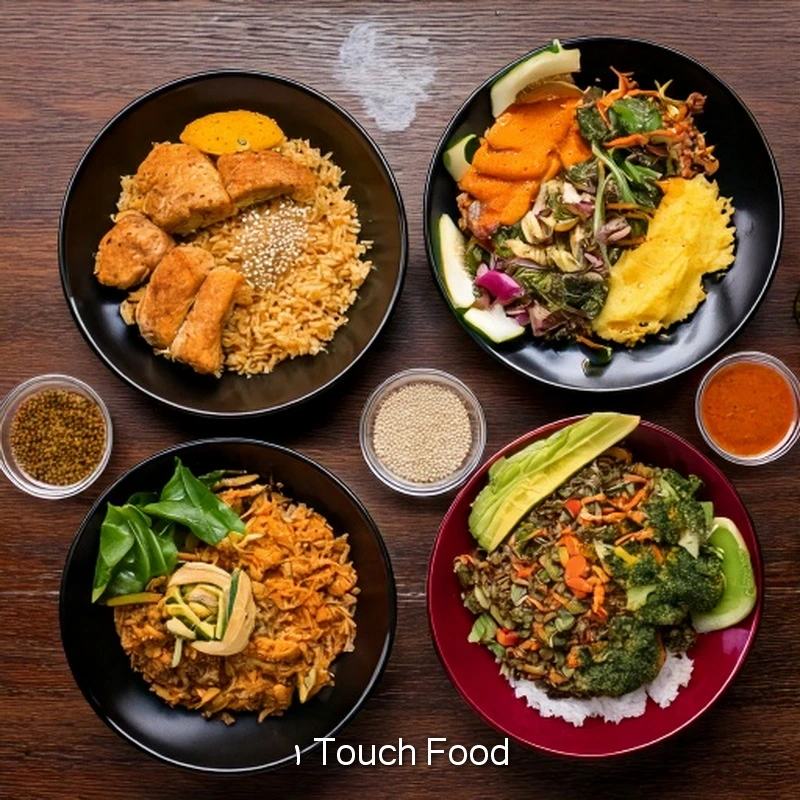
Smart Strategies for Better Evening Recovery
- Color is king: The more colorful your plate, the broader the spectrum of antioxidants.
- Don’t skip the carbs: Especially post-exercise, carbs are essential — just choose the right kinds.
- Hydrate wisely: Water helps flush out toxins and delivers nutrients more effectively. Herbal teas like chamomile or ginger can add both hydration and recovery support.
- Time it right: Aim to eat your dinner within 2 hours post-exercise to maximize nutrient uptake.
Comparing Top Antioxidant Ingredients for Athletes
When building antioxidant-rich dinner recipes for athletes, not all ingredients are created equal. Below is a comparison of the most effective antioxidant foods for muscle recovery, inflammation reduction, and overall health.
| Ingredient | Key Antioxidants | Main Benefits | Best Used In |
|---|---|---|---|
| Blueberries | Anthocyanins, Vitamin C | Reduces muscle soreness, improves immunity | Smoothies, salads, sauces |
| Salmon | Omega-3s, Selenium | Anti-inflammatory, aids muscle repair | Grilled dishes, bowls, stir-fries |
| Sweet Potatoes | Beta-carotene, Vitamin E | Supports tissue repair, boosts immune system | Roasted, mashed, or in curries |
| Spinach | Lutein, Vitamin K, Magnesium | Reduces oxidative stress, enhances sleep quality | Sautéed, in omelets, or grain bowls |
| Turmeric | Curcumin | Powerful Anti-inflammatory | Curries, soups, marinades |
| Red Cabbage | Polyphenols, Vitamin C | Protects cells from damage, boosts collagen | Slaws, wraps, taco toppings |
| Avocado | Vitamin E, Glutathione | Supports heart health, improves absorption | Spreads, salads, tacos |
These ingredients not only deliver antioxidant power but also pair well together, making them ideal staples in any evening recovery meal for athletes.
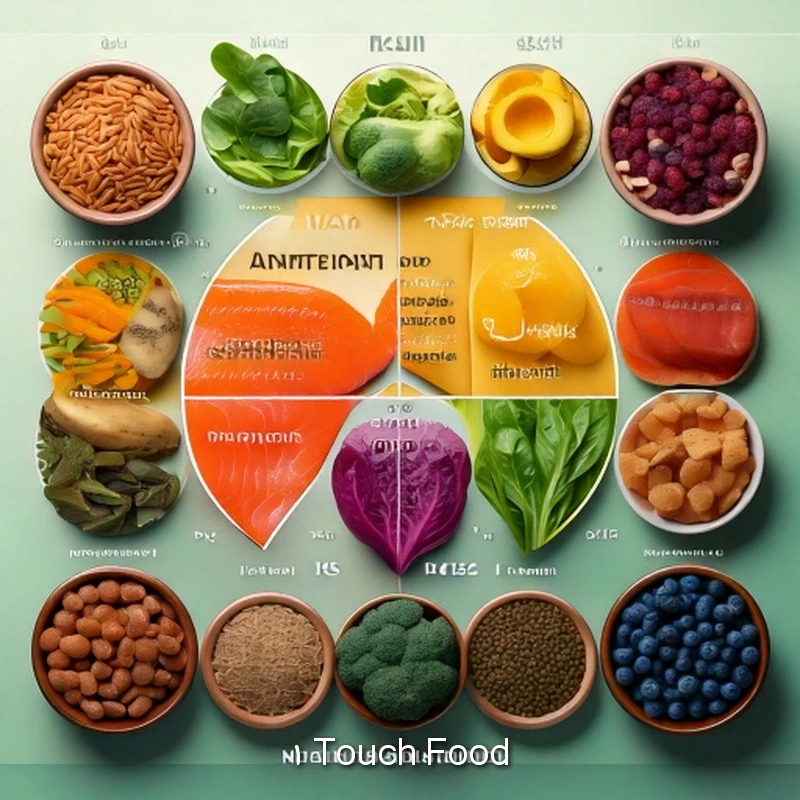
How to Build Your Own Antioxidant-Rich Dinner
Crafting your own antioxidant-rich dinner recipes for athletes doesn’t require a culinary degree — just a bit of strategy. Use this simple guide to create balanced meals that nourish your body and speed up recovery.
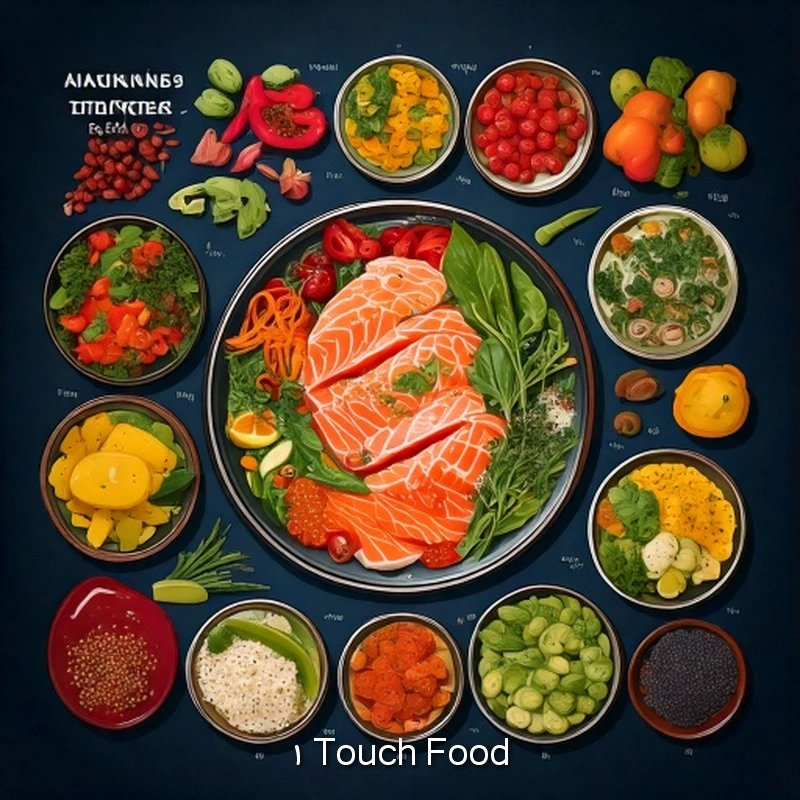
Step 1: Start with a Lean Protein
- Choose from chicken, salmon, tofu, tempeh, eggs, or legumes.
- Aim for at least 20–30 grams of protein to support muscle repair.
Step 2: Add Complex Carbs for Recovery
- Whole grains like quinoa, brown rice, farro, or sweet potatoes are excellent.
- They replenish glycogen stores and help you feel satisfied without spikes in blood sugar.
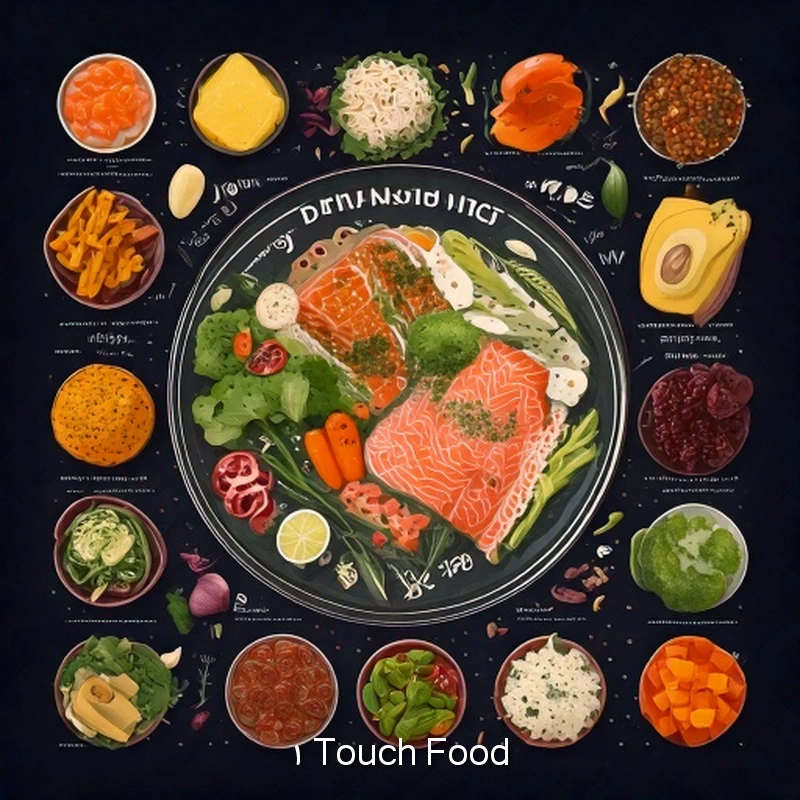
Step 3: Load Up on Colorful Veggies
- The more color, the better — think red bell peppers, broccoli, kale, carrots, and beets.
- These veggies are packed with vitamins, fiber, and antioxidants.
Step 4: Incorporate Healthy Fats
- Olive oil, nuts, seeds, avocado, and fatty fish provide long-lasting energy and support vitamin absorption.
- Fats are essential for hormone balance and recovery.
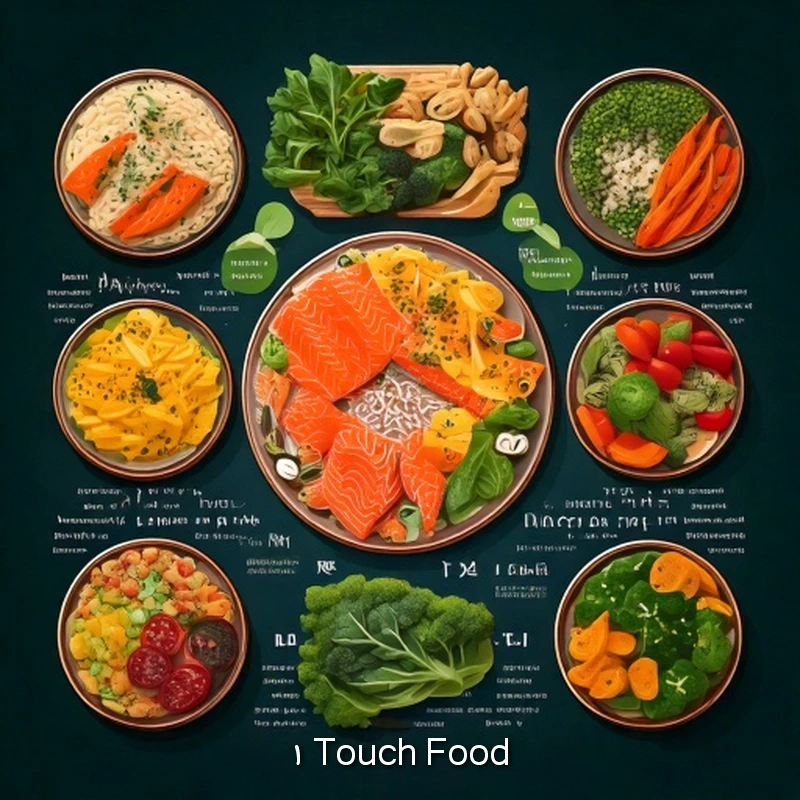
Step 5: Boost Flavor with Anti-Inflammatory Herbs & Spices
- Garlic, ginger, turmeric, rosemary, and cinnamon all enhance taste and performance benefits.
- Use fresh or powdered versions — both works well.
Step 6: Stay Hydrated and Consider a Sleep-Friendly Add-On
- Hydrating foods like cucumbers or a chamomile tea post-meal can improve nutrient delivery and aid relaxation.
- Add a magnesium-rich dessert like a banana with almond butter for better sleep and muscle relaxation.
🔁 Repeat nightly with variety to avoid boredom and ensure a broad intake of antioxidants and nutrients.
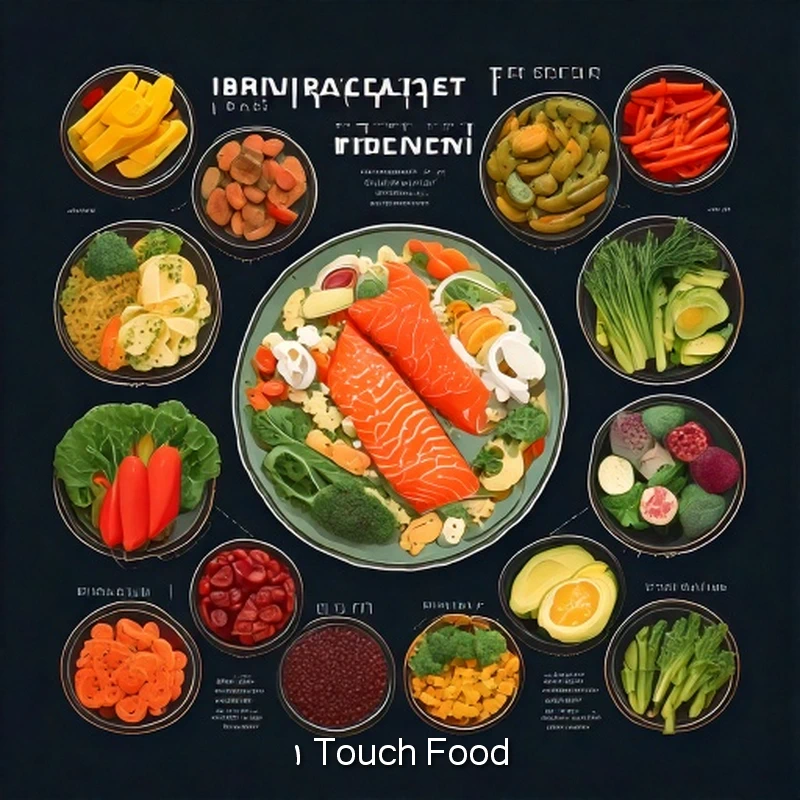
FAQs about Antioxidant-Rich Dinner Recipes for Athletes
Q1: Can antioxidant-rich meals replace supplements?
Yes — and in many cases, they’re better. Whole foods provide a complex matrix of nutrients, fiber, and phytochemicals that supplements simply can’t replicate. You get better bioavailability and fewer side effects by eating your antioxidants naturally.
Q2: What’s the ideal timing for an evening recovery meal?
Aim to eat within 30–90 minutes post-training, or at least within two hours. This window is when your muscles are most receptive to nutrient uptake and when antioxidants can most effectively reduce oxidative stress.
Q3: Are antioxidant-rich meals only for post-workout?
While they’re particularly useful after workouts, these meals benefit athletes daily. Consistent intake helps reduce cumulative inflammation, support immune health, and improve recovery even on rest days.
Q4: How can plant-based athletes get enough antioxidants and protein?
It’s absolutely possible — lentils, tofu, tempeh, chickpeas, nuts, seeds, and quinoa are all fantastic. Pair them with a rainbow of veggies, and you’ve got meals that are both antioxidant-rich and protein-sufficient.
Q5: Can antioxidant-rich dinners help improve sleep?
Definitely. Ingredients like spinach, nuts, seeds, and bananas are rich in magnesium and tryptophan, both of which support deeper sleep — a key factor in overnight recovery for athletes.
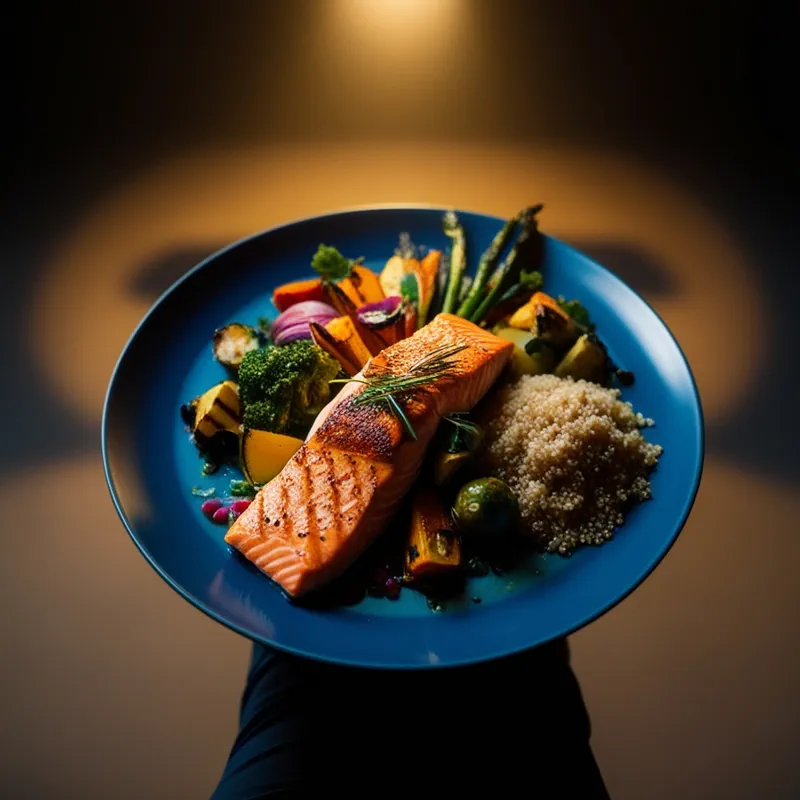
Conclusion: Eat to Recover, Perform, and Thrive
Athletes can’t afford to ignore what happens after practice or competition — especially not at the dinner table. Antioxidant-rich dinner recipes for athletes offer the ultimate recovery trifecta: fighting inflammation, replenishing nutrients, and preparing the body for tomorrow’s demands.
By incorporating vibrant vegetables, lean proteins, healthy fats, and antioxidant-packed herbs and spices into your evening meals, you’re giving your body exactly what it needs to repair and strengthen. And when recovery improves, so does consistency — the true marker of athletic progress.
Whether you’re an elite competitor or a dedicated fitness enthusiast, every bite you take at night can push you closer to your goals. Eat intentionally, recover smarter, and rise stronger.
Enjoy! See our youtube. Quench your thirst and revitalize your body with our collection of refreshing and hydrating recipes. All athletes must pay close attention to their nutrition to achieve optimal performance. You can see CookBook for athletes and Building a Bigger Butt. Its very useful for athletes.


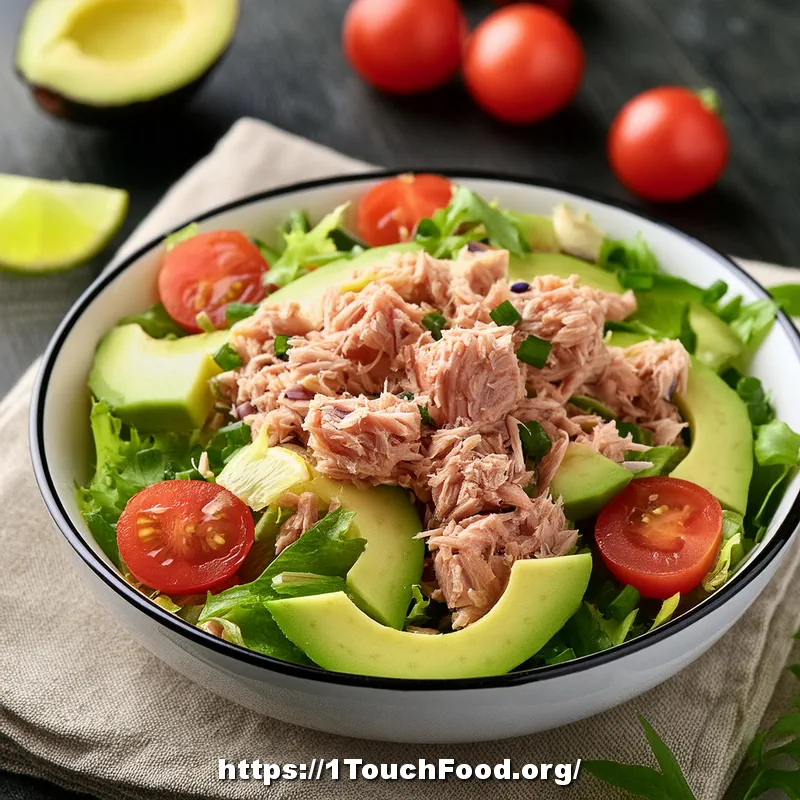
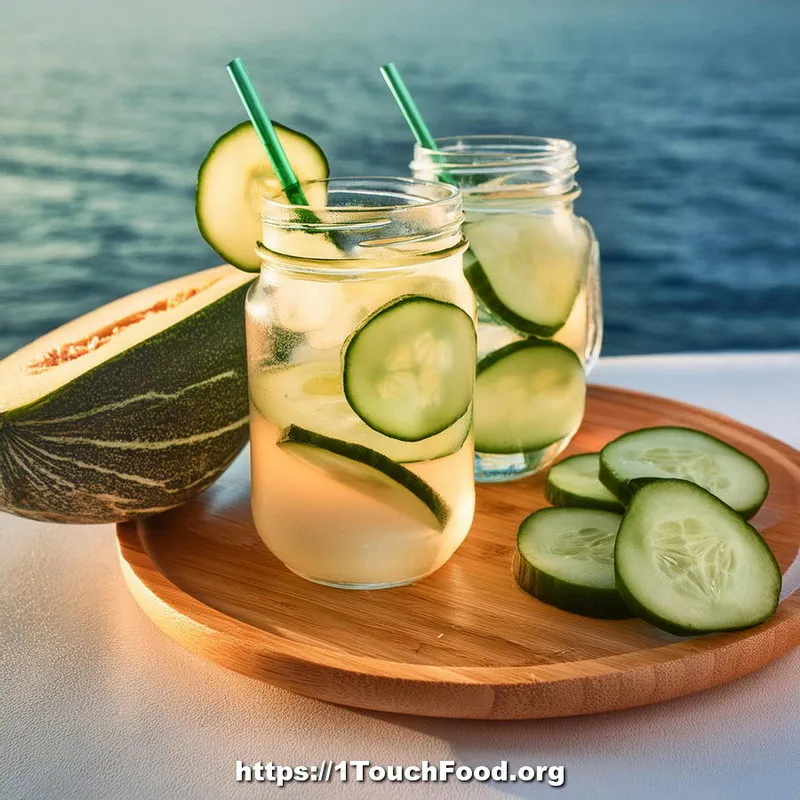

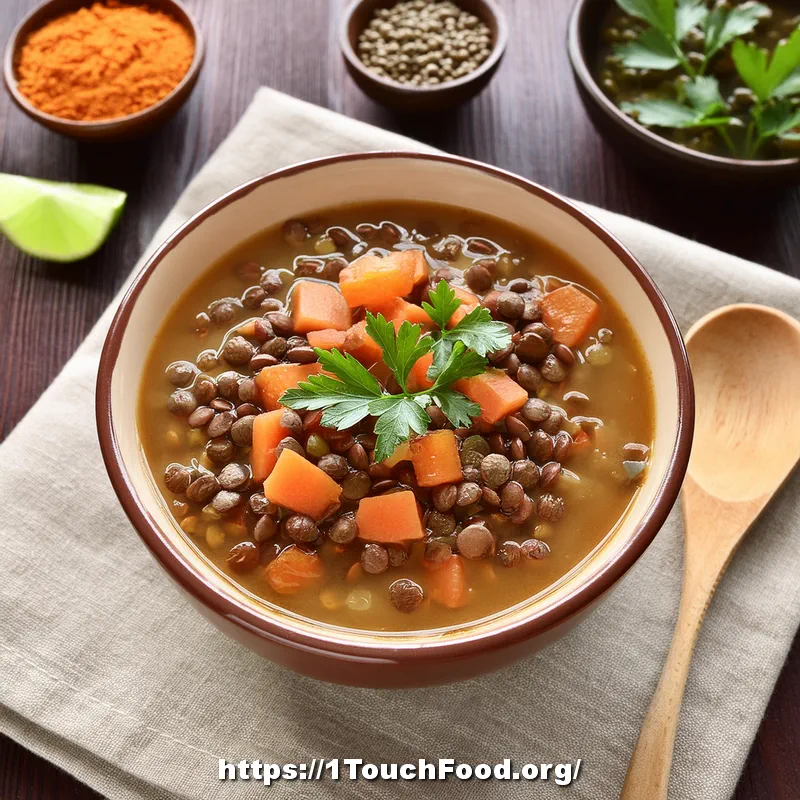
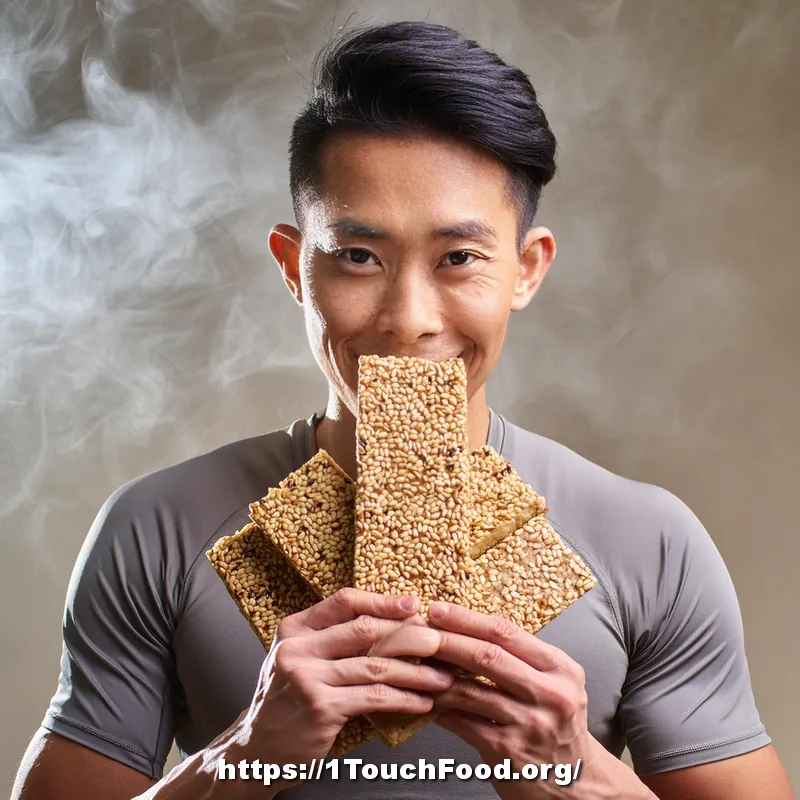



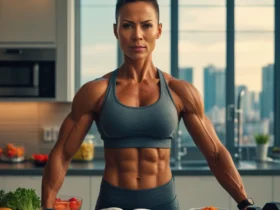

Leave a Reply